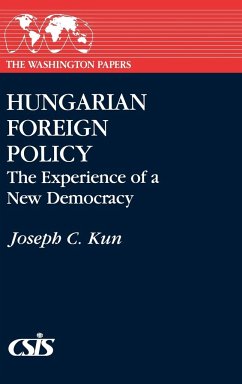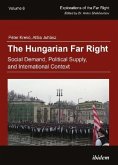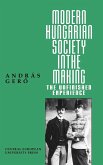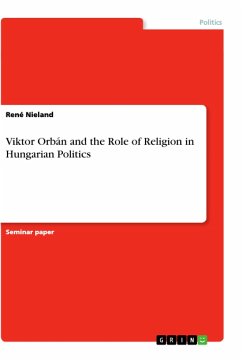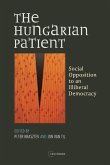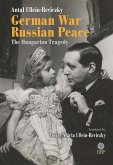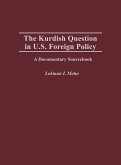This concise volume outlines developments in Hungarian foreign policy since the end of the Communist regime and the formation of the country's democratic coalition. After briefly reviewing Hungary's foreign relations between the wars, the Stalinist period, and the foreign policy principles of Prime Minister Imre Nagy during the 1956 Revolution, Joseph Kun discusses the 1990 elections that confirmed the rejection of Communist rule and the formation of a coalition government with Jozsef Antall as prime minister. Kun describes how the new government's foreign policy is oriented toward the West with the primary aim of establishing closer political and economic ties with the industrial nations. At the same time, Hungary is endeavoring to forge regional alliances in Central Europe to protect the large ethnic Hungarian communities who live in the neighboring Czech Republic, Slovakia, Romania, and the former Yugoslavia. The continuing tensions in Eastern Europe and the Soviet successor states demand the formulation of a firm but flexible foreign policy line. This study gives the specialist and student a sense of the achievements of the Antall government during its first years in office as well as an understanding of the disappointements that a new democracy experiences in its search for contacts in a well-meaning but pragmatic world.
